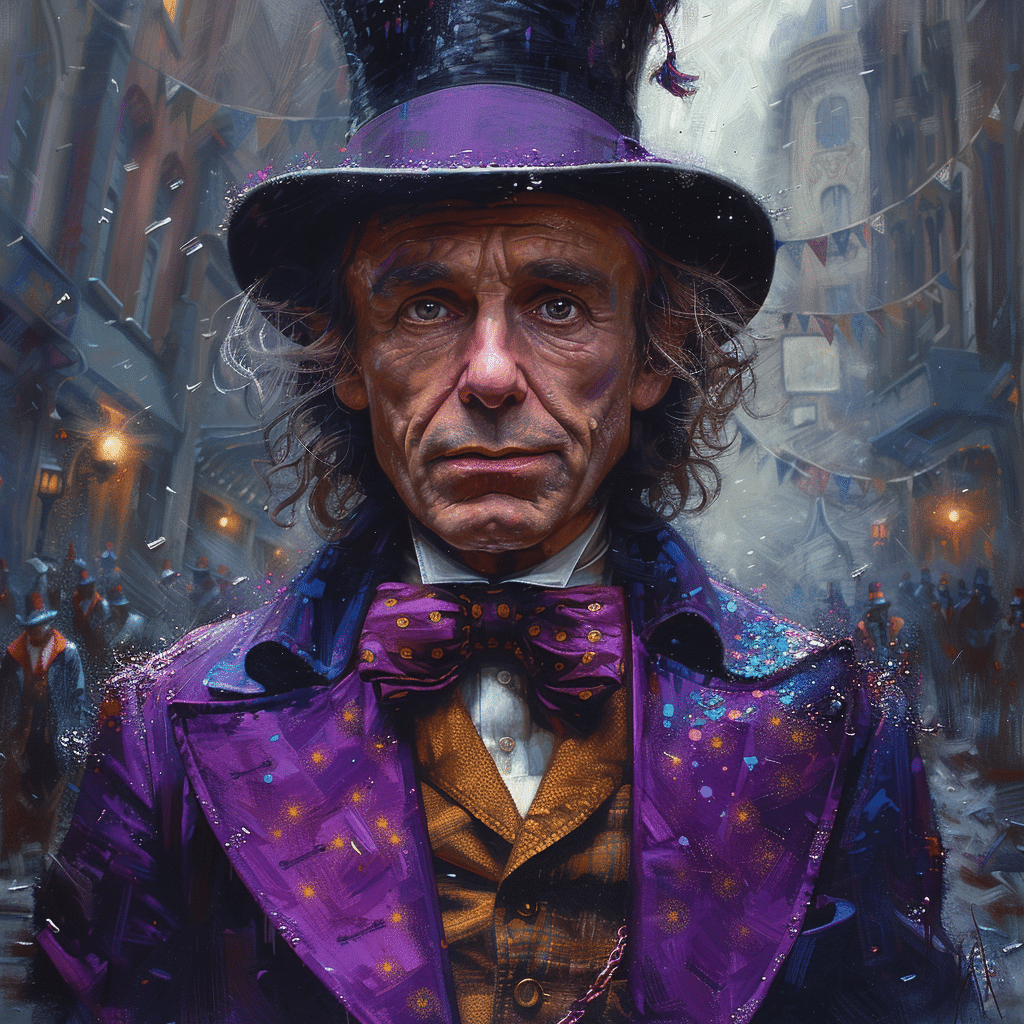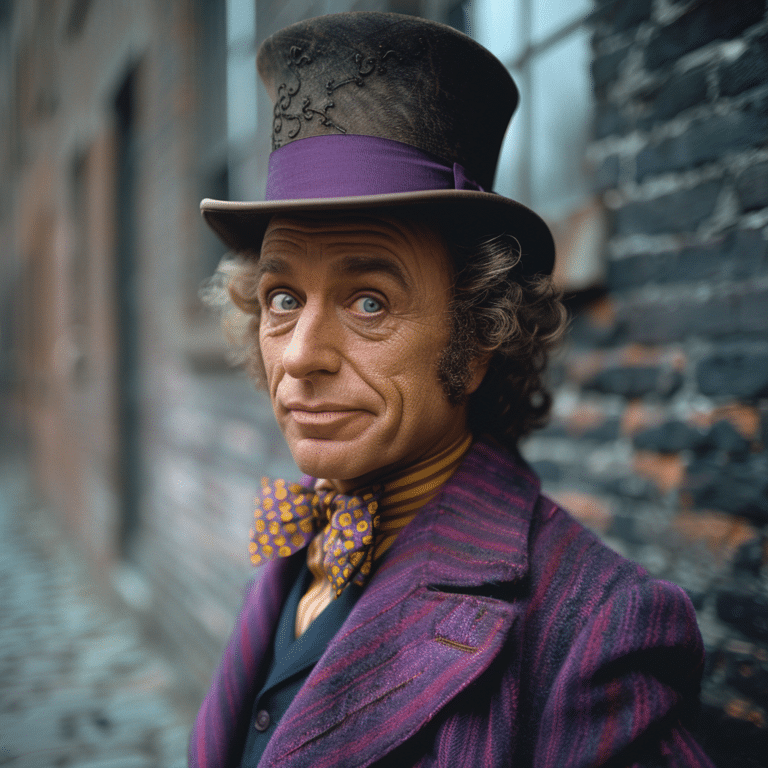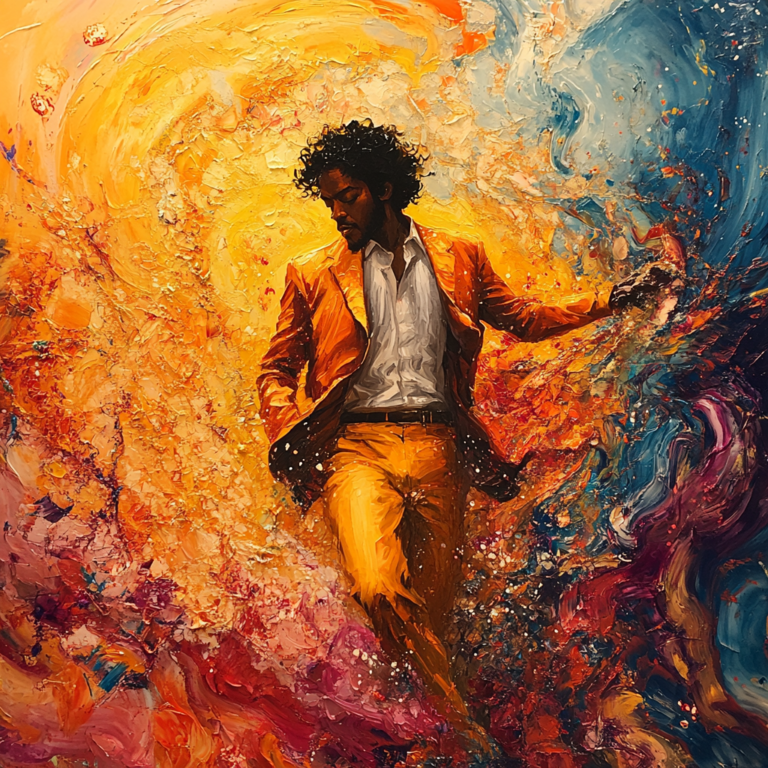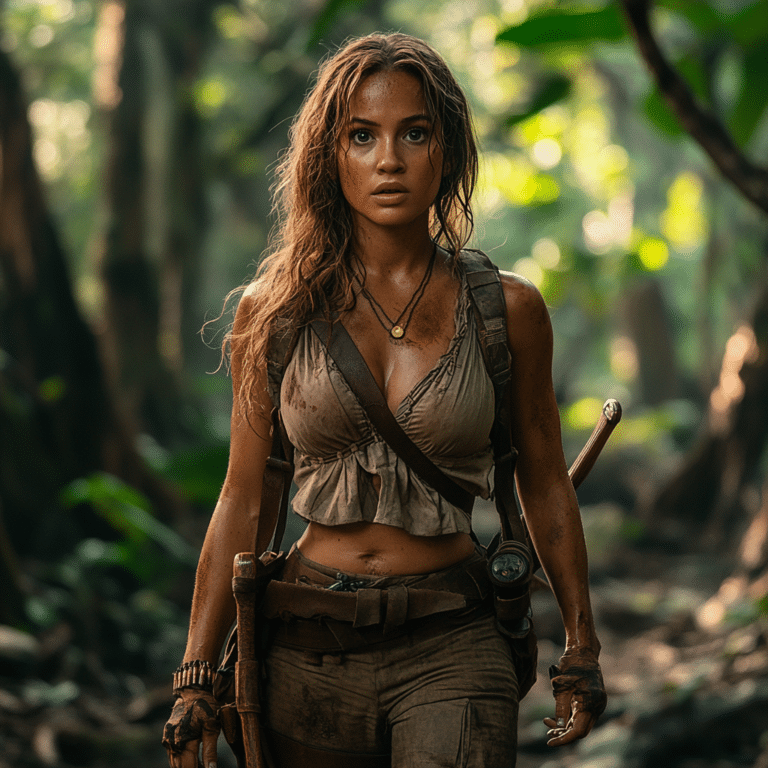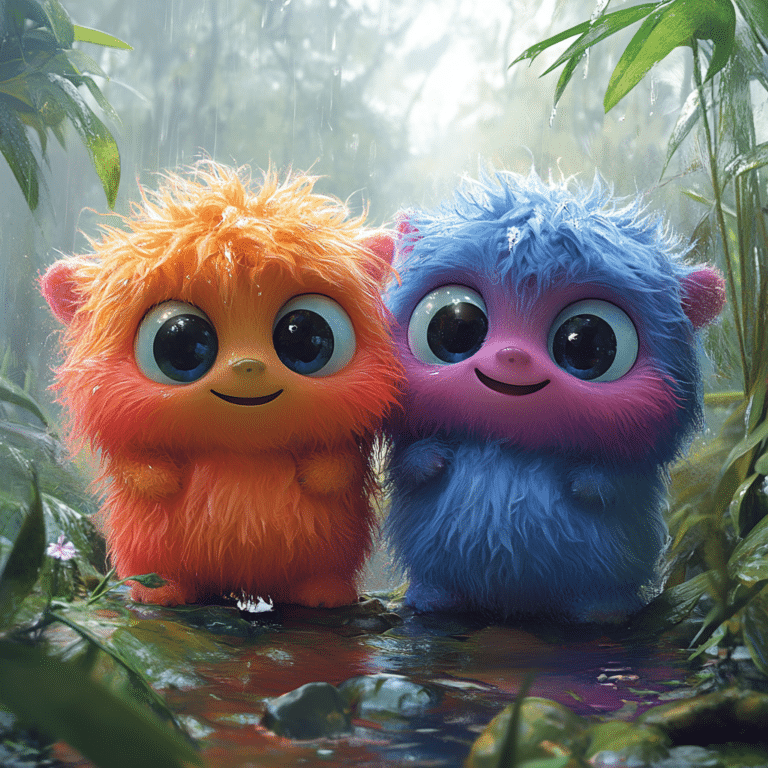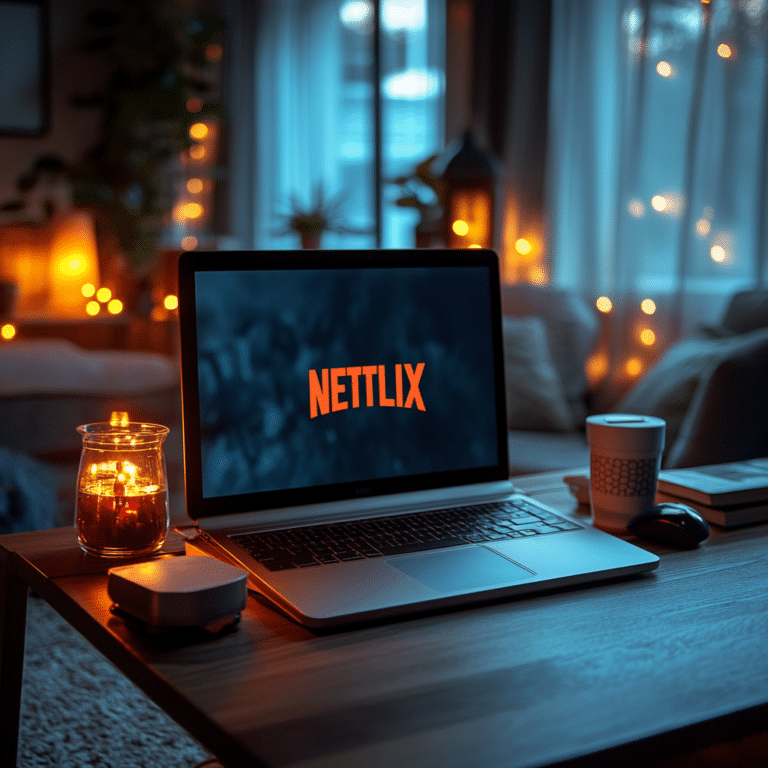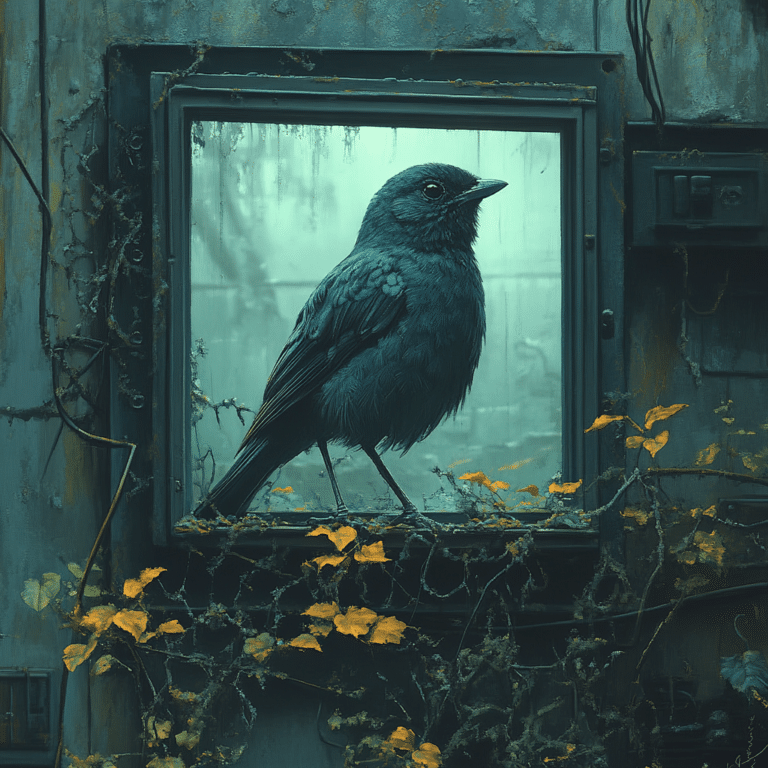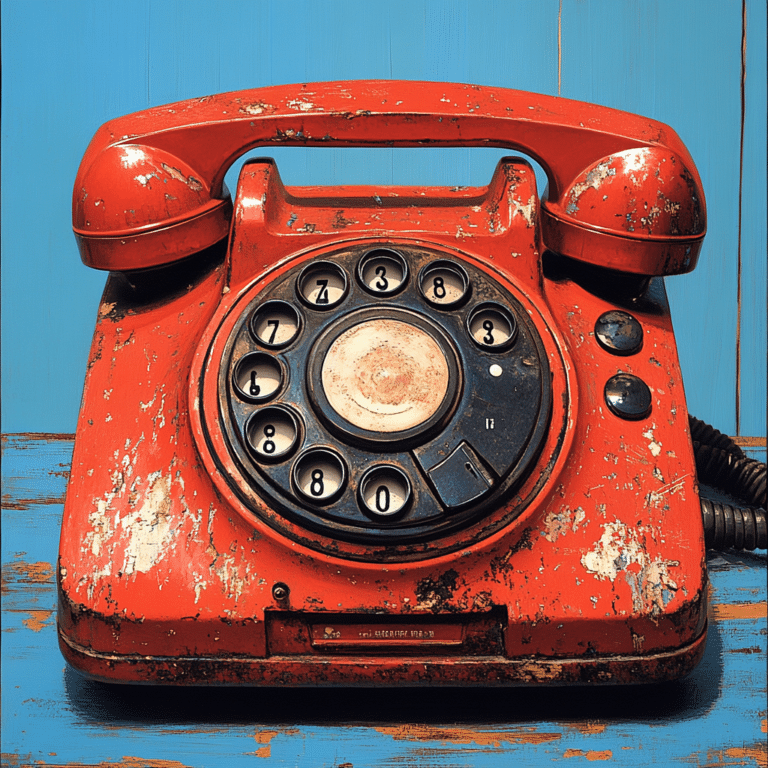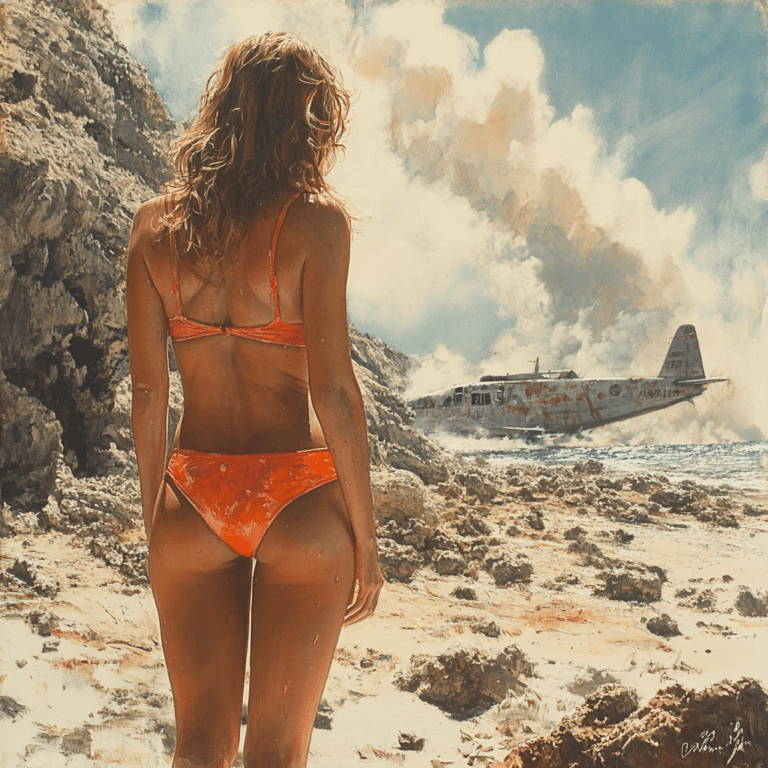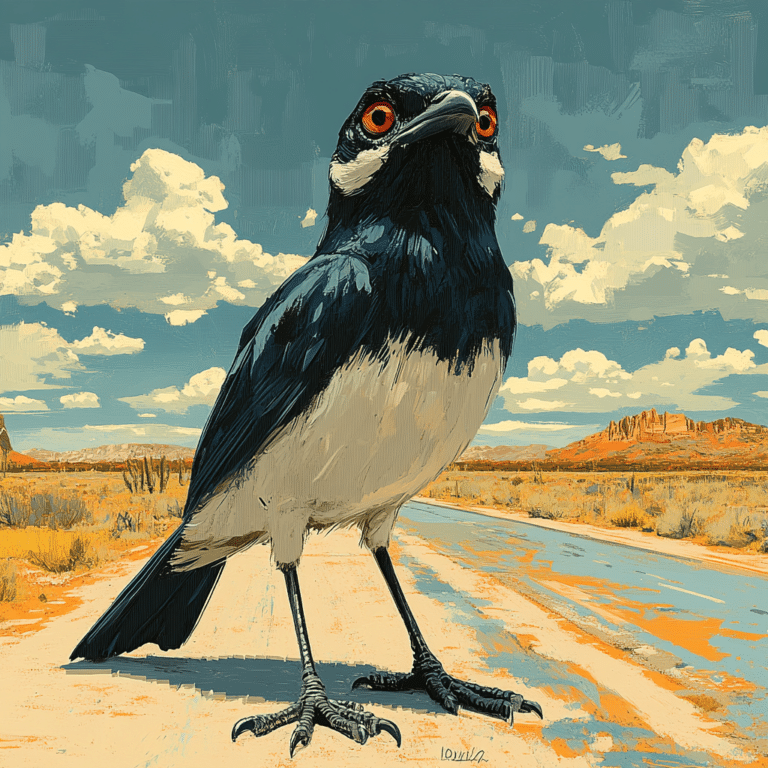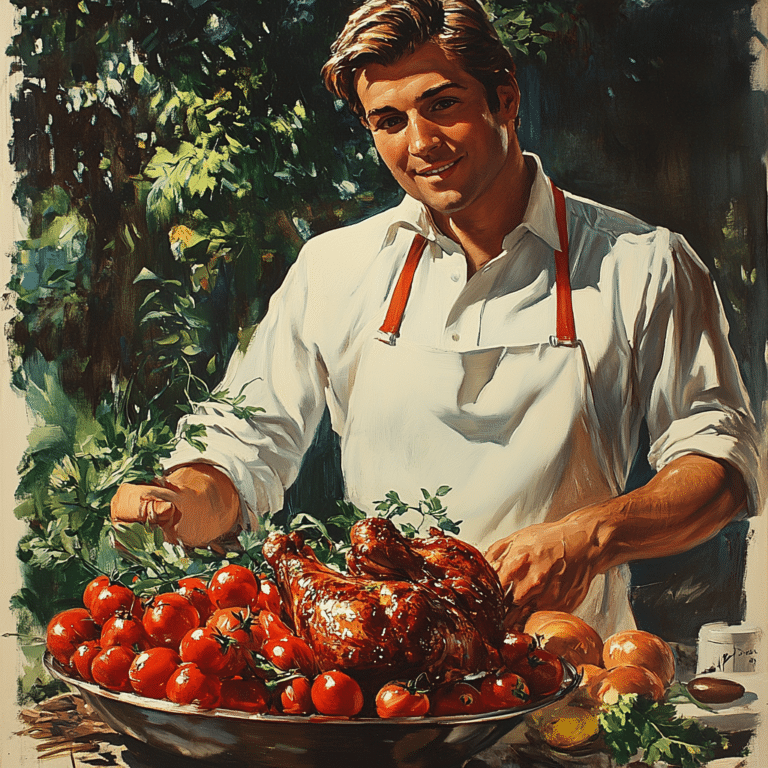In the swirling world of internet culture, a classic character forayed from the beloved pages and screens of childhood into the meme hall of fame. The Willy Wonka meme has become a staple in online sarcasm, delivering sharp wit cloaked in sweet facades much like its confectioner namesake’s famous chocolates. Imitating him, one could say: “Oh, you’re reading about the Willy Wonka meme? How deliciously 2020s.”
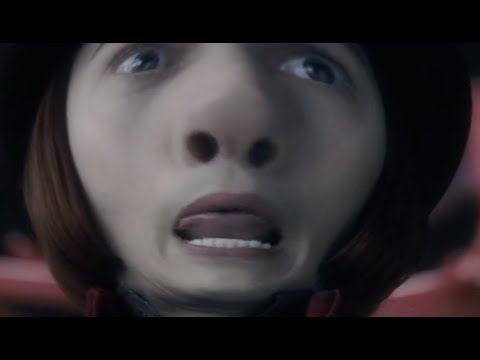
The Enduring Charm of the Willy Wonka Meme
The character Willy Wonka, originally conceived by author Roald Dahl in the 1964 book “Charlie and the Chocolate Factory,” found a new lease on life online. The meme’s origin traces back to the 1971 film adaptation, as Gene Wilder’s portrayal of the eccentric candy mogul sparked imaginative and creative fan takes. As they say, a picture is worth a thousand words, and a Gene Wilder picture is worth a thousand memes.
Fast-forward to the beginning of meme culture — Willy Wonka’s image, with a bemused, patronizing expression, birthed the “Condescending Wonka” meme. It became a vehicle for sarcasm, setting the internet abuzz with that look Willy Wonka gives someone when he’s about to unleash a subtle roast.
The meme found itself spreading through internet culture faster than a golden ticket rumor in a small town. From image boards and forums to the glitzy halls of mainstream social media, Willy Wonka’s sardonic smile became as familiar as the LOLcats and Rickrolls of yore.
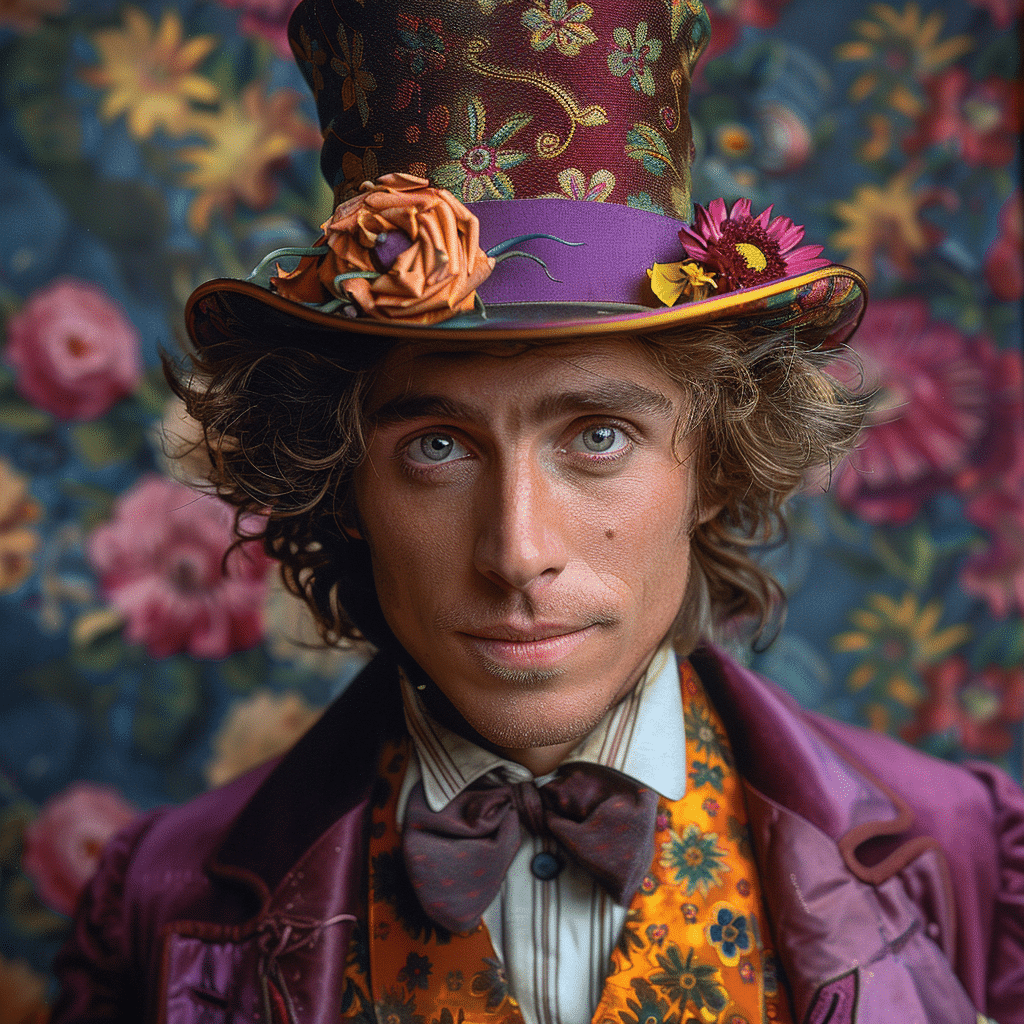
Unwrapping the Sarcasm: Dissecting the Willy Wonka Meme’s Appeal
Why does the Willy Wonka meme resonate so deeply with the internet’s collective humor? Its structure is simple — a picture of Gene Wilder, coupled with a caption dripping in irony. “Tell me more about how you know everything about politics because you watch the news,” it might quip. And voila, sarcasm communicated.
From a psychological perspective, the popularity of sarcasm in internet communication reflects a craving for complex social interactions distilled into easily digestible bites. In essence, the meme is sarcasm made simple for the screen-scrolling age.
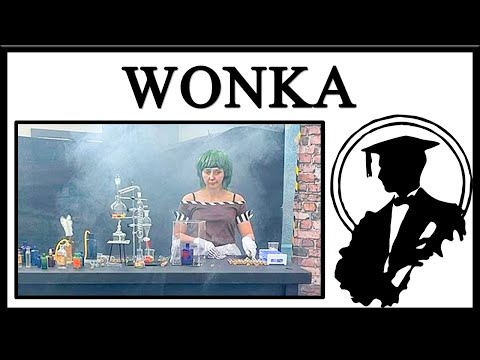
| Feature | Description |
| Meme Name | Willy Wonka Meme |
| Also Known As | Condescending Wonka, Creepy Wonka |
| Origin | 1971 film “Willy Wonka & the Chocolate Factory” |
| Key Character | Willy Wonka (portrayed by Gene Wilder) |
| Meme Popularity Surge | Around 2011 |
| Typical Use | To convey sarcasm or patronize someone’s opinion or question in an indirectly mocking tone. |
| Image Used | Gene Wilder as Willy Wonka with a smug smile, usually with a caption overlaid |
| Variations | Can be customized with different captions related to a wide range of topics. |
| Cultural Impact | Used widely across social media platforms and internet forums. |
| Notable Platforms | Reddit, Twitter, Tumblr, Facebook, Instagram, and meme websites. |
| Legal Considerations | Copyrighted material; fair use for parody and commentary may apply but not for commercial use. |
Through the Social Media Factory: The Willy Wonka Meme’s Presence Online
Whether it’s on Twitter, Instagram, or Reddit, the Willy Wonka meme is versatile. On Twitter, it might comment on the latest American League east standings with a twinkle in Wilder’s eye, as fans and teams exchange banter. Meanwhile, Instagram’s lifestyle gurus might find themselves gently mocked by a Wonka meme for their latest kale-smoothie post.
In the subreddits of Reddit, where internet culture can be as intricate and multi-layered as a Dru Hill song, memes are the currency of communication. Here, Willy Wonka’s expression is worth a thousand upvotes. Some examples have become so viral that they’re recognizable by the caption alone.
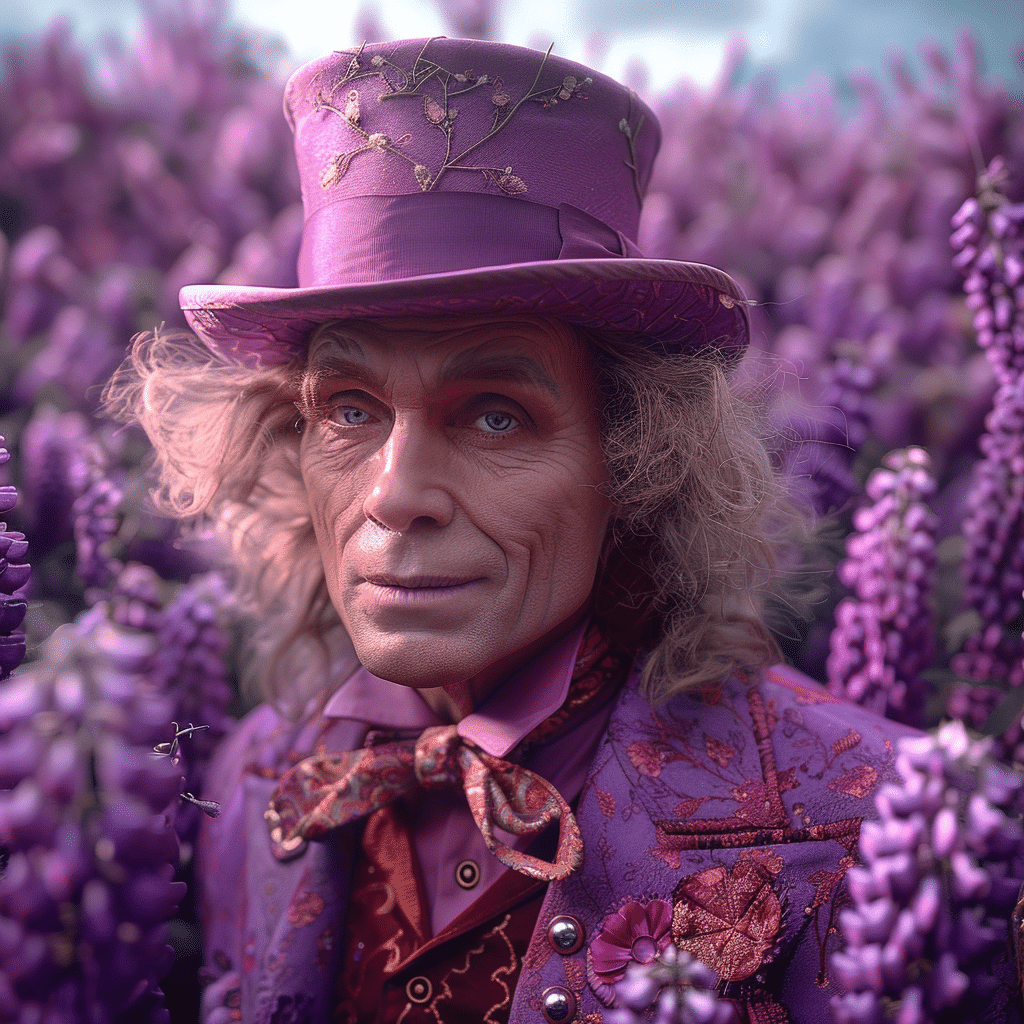
The Confectioner of Condescension: Willy Wonka in Political Commentary
More intriguingly, the Willy Wonka meme often finds itself in the middle of the political ring. It becomes an omnipresent whisper, a cheeky interjection in heated debates. Take an eyebrow-raise at a policy announcement — you can bet there’s a Wonka meme retort waiting in someone’s meme arsenal.
Political discourse, already a theater of the absurd, gets an extra layer of satire with every Wonka meme shared, revealing the internet’s role as the new public square, where jesters sport top hats and tailcoats made of pixels. The meme’s presence in such discussions raises questions about the impact of humor on serious societal debates.
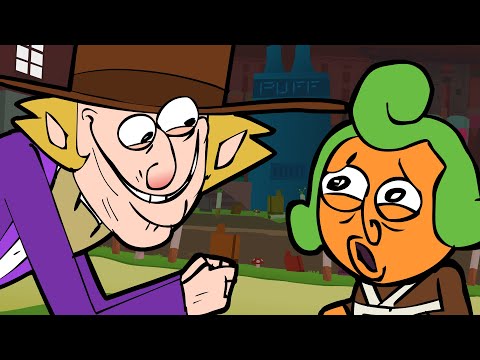
Marketing Magic: Brands Incorporating the Willy Wonka Meme
Talk about a tasty strategy — brands have been quick to recognize the potential of a good Wonka meme. Snickers had a field day using Wonka’s smirky visage in their social campaigns, while Netflix wove the meme into announcements with a nod and a wink that said, “Yes, we’re in on the joke too.”
In terms of marketing and consumer engagement, the Willy Wonka meme is like a gift that keeps on giving. It’s cheeky yet familiar, a combination that speaks to consumers in the all-too-human language of irony.
Memetics and Mutation: The Evolution of the Willy Wonka Meme
Since its inception, the Willy Wonka meme has spun a creative cocoon, emerging time and again in new forms. Referencing everything from dietary choices to the latest Jennifer Coolidge Movies And TV Shows it adapts with the ease of a chameleon.
Recent iterations have seen him don a variety of digital costumes, reflecting zeitgeist and trends with the ease of a meme-shapeshifter. These ever-evolving parodies speak volumes about the adaptive nature of internet culture, a place where only the most versatile of memes survive and thrive.
Beyond the Meme: Willy Wonka as Cultural Icon and Its Implications
Why do characters like Willy Wonka transform into cultural icons? It boils down to relatability and personality. Wonka is a paradox, a blend of wisdom and wit, marching to the beat of a differently tuned drum. And as for copyrights and intellectual property norms, the meme world often operates in the gray, challenging traditional notions with every share and retweet.
A Sweet Future: Predicting the Longevity of Memes like Willy Wonka
Experts ponder the futurescape of meme culture with the same curiosity as Wonka pondering a new flavor combination. Will the Willy Wonka meme maintain its relevance, or will it, too, find its way to the meme graveyard, alongside the dancing baby and Pepe the Frog?
The opinion is divided, but many believe as long as there’s sarcasm and the internet, there will be a place for Mr. Wonka’s derisive grin.
Conclusion: The Last Golden Ticket – Reflecting on the Willy Wonka Meme’s Legacy
In summing up the Willy Wonka meme’s indelible mark on our digital culture, it’s clear that it’s more than just a viral sensation. It’s a lens through which we view and critique the world. The legacy of the Willy Wonka meme lies not only in the laughs but in its capacity to spark conversation and connection in a world that’s increasingly online.
And with that final smirk, we come to the end of our tour through the chocolate factory of memes. Whether Willy Wonka will continue serving up golden tickets of humor in this ever-shifting digital confectionery remains to be seen, but one thing’s for sure — the sarcasm will stay as sweet as ever.
The Enduring Charm of the Willy Wonka Meme
Ah, the Willy Wonka meme, an evergreen tool for a digital eye-roll dripping with sarcasm. This classic meme comes from the 1971 film, “Willy Wonka & the Chocolate Factory,” where Gene Wilder’s portrayal of Wonka exudes a mix of amusement and condescension—perfect for the internet’s sarcastic banter. In the same way that Daisy Kelliher might navigate the tumultuous waters of reality TV with poise and a knowing smile, this meme navigates the seas of online discourse. Whether it’s discussing the soothing melodies of Dru Hill Songs or the complexities of software like Aisuite3, an image of Wilder, with his top hat and smirk, signals that sarcasm is afoot.
Now hold on, if you think this is just any old meme, think again! It’s as versatile as the menu at Taqueria Los Primos, capable of adding a pinch of sass to any conversation without breaking a sweat. Just picture chatting about the implications of advancements like Chatgpt no Restrictions, and popping in a Wonka meme for good measure; it’s the online equivalent of a well-timed raised eyebrow.
The willy wonka meme has become somewhat of a legend, evolving from a mere snapshot to a go-to cultural reference. Now, let’s talk about Jasmine Richardson, who, like the meme itself, captures attention with her compelling performance. In this whirlwind of internet culture, it’s this meme’s ability to keep us coming back for more that makes it as iconic as the most dramatic moments in entertainment history.
